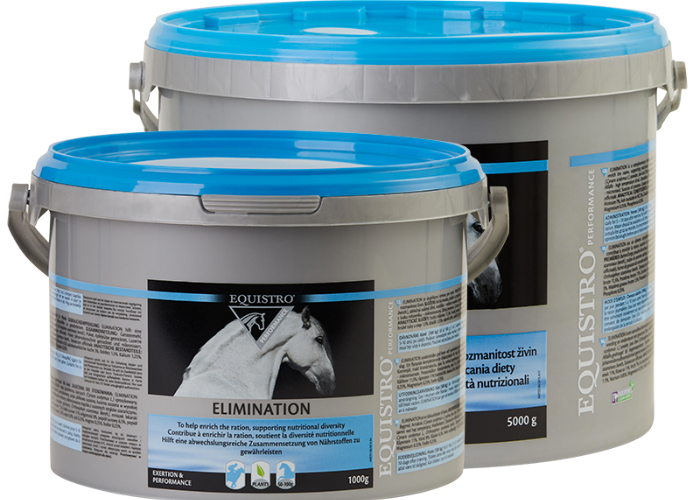Elimination Des Chevaux refers to the essential aspect of managing and caring for horses their waste elimination process. Proper horse elimination practices are crucial for maintaining their health, preventing discomfort, and ensuring a harmonious environment for both horses and caretakers.
In this comprehensive guide, we will delve into the various aspects of horse elimination, covering topics ranging from the importance of clean stables to understanding equine digestion and addressing common elimination related issues.
Importance of Clean Stables
Clean stables are the cornerstone of a healthy equine environment. A well maintained stable not only promotes hygiene but also prevents the accumulation of waste that can lead to unpleasant odors and health problems for horses. Regular stall cleaning, proper bedding, and effective waste disposal are key components in creating a comfortable living space for horses.
Understanding Equine Digestion
To comprehend the elimination process in horses, it’s vital to understand their unique digestive system. Horses are herbivores with complex gastrointestinal systems designed for grazing.
Their digestion involves fermentation in the hindgut, where the breakdown of fibrous materials occurs. Efficient digestion contributes to smoother waste elimination and helps prevent issues like colic and digestive discomfort.
Optimal Feeding Practices
Proper feeding practices are directly linked to the elimination process. Providing horses with a balanced diet rich in fiber and nutrients supports their digestive health, resulting in regular and consistent waste elimination. Avoid sudden diet changes, ensure access to clean water, and establish a feeding routine that aligns with their natural grazing behavior.
Promoting Regular Exercise
Exercise plays a pivotal role in maintaining healthy elimination habits in horses. Regular physical activity not only supports overall well-being but also encourages regular bowel movements. Turnout time, riding, and engaging in various activities prevent constipation and encourage natural bodily rhythms.
Addressing Elimination Related Challenges
Horses, like any animals, can face elimination related challenges. From diarrhea and constipation to urinary issues, understanding the signs and potential causes is essential for prompt intervention. Consulting a veterinarian at the first sign of abnormal elimination patterns can prevent more severe health issues.
Creating Hygienic Waste Management Systems
Effective waste management is critical for maintaining a clean and healthy equine environment. Implementing proper waste disposal methods, such as composting manure, prevents contamination of water sources and the spread of disease. This not only benefits the horses but also contributes positively to the surrounding ecosystem.
Educational Outreach and Training
Educating horse caretakers, trainers, and riders about optimal elimination practices is vital for the welfare of horses. Workshops, seminars, and online resources like Elimination Des Chevaux provide valuable insights into promoting good elimination habits, thereby fostering a strong bond between humans and their equine companions.
Conclusion
Elimination Des Chevaux encompasses much more than waste management it is a crucial aspect of responsible horse care. From maintaining clean stables and understanding equine digestion to promoting optimal feeding practices and addressing elimination related challenges, every horse owner and enthusiast should prioritize these aspects.
By creating a holistic approach to horse elimination, we ensure the well being of our equine friends while cultivating a healthier environment for everyone involved



